Climate and Ag in the news
-
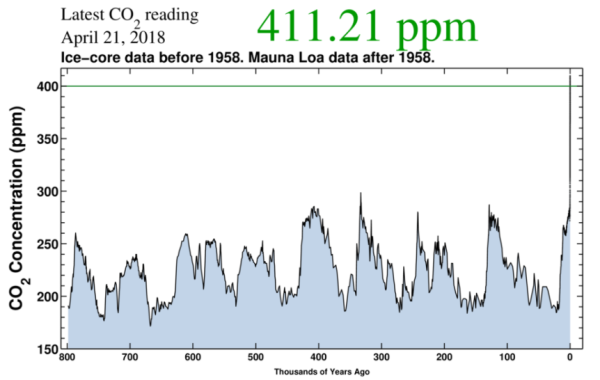
The latest reading of atmospheric carbon dioxide from Mauna Loa Observatory in Hawaii shows that the atmospheric concentration of carbon dioxide has now passed 410 parts per million. This is a level that has not been seen on earth in at least the last 800,000 years according to data from ocean and ice cores. As…
-
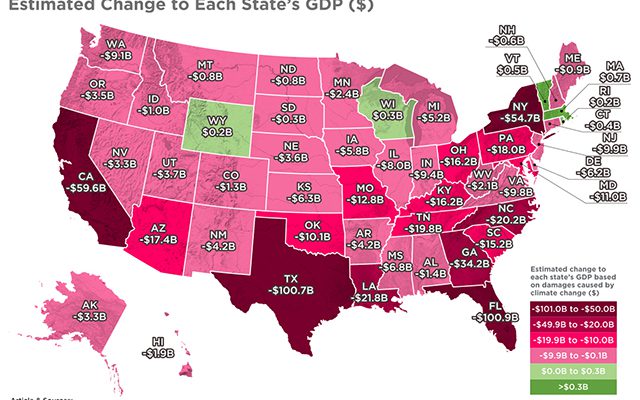
MarketWatch posted a story at the end of April presenting the results of a recent study published in Science which describes the expected economic hits to Gross Domestic Product which states are expected to experience as a result of changing climate. According to the study, Florida is expected to have the highest impact, a loss…
Posted in: Climate and Ag in the news -
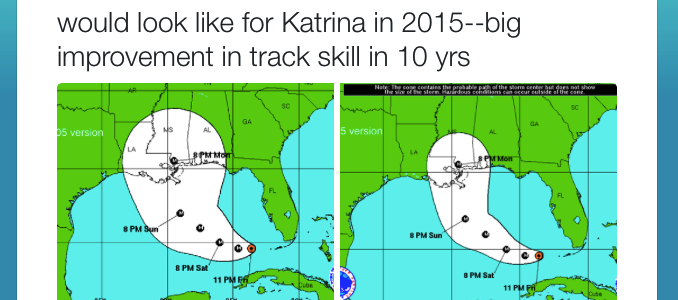
The next Atlantic hurricane season starts on June 1, and we may see an early start to it this year because the Gulf of Mexico is warmer than usual, providing good energy for storm formation. The NWS National Hurricane Center has announced some changes to their hurricane forecasts for this upcoming season, including the shrinking…
-

I love to read stories about places that are set outside my local community, especially if they give me new insight into how things are changing over time. This story on rural Kansas in NewFoodEconomy.org provides a look at how agriculture has contributed to long-term trends in the region, including negligible population growth, increases in…
-
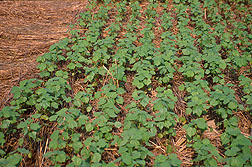
When we talk about climate change, most often we are talking about the changes in temperature, cloud cover and rainfall that are occurring due to increases in carbon dioxide and other greenhouse gases across the globe. But climate also changes locally, and many of these local changes are due to other human causes such as…
-

In 1996-97 I worked as an intern for National Public Radio’s Science Friday. I think it is one of the best (and only) major radio coverage of science on the air. This week they offered a long discussion with Andrew Revkin on four billion years of weather and climate based on his new book, Weather:…
Posted in: Climate and Ag in the news -
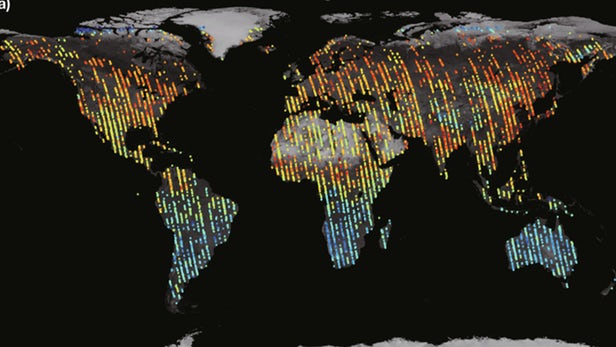
According to New Atlas, the Chinese satellite TanSat has provided the first global maps of carbon dioxide. In the article, it shows maps from two months, April and July 2017. This satellite view will allow scientists to study changes in carbon dioxide across the earth depending on the season as well as highlight local maximums…
Posted in: Climate and Ag in the news